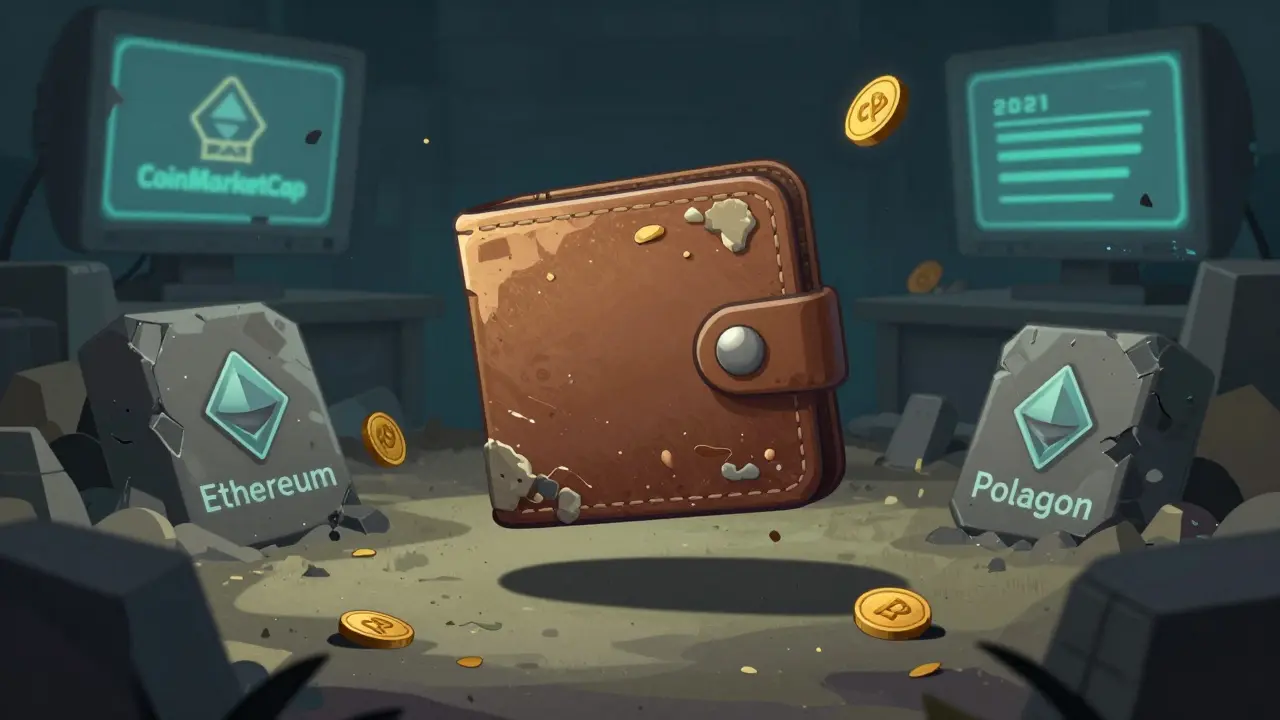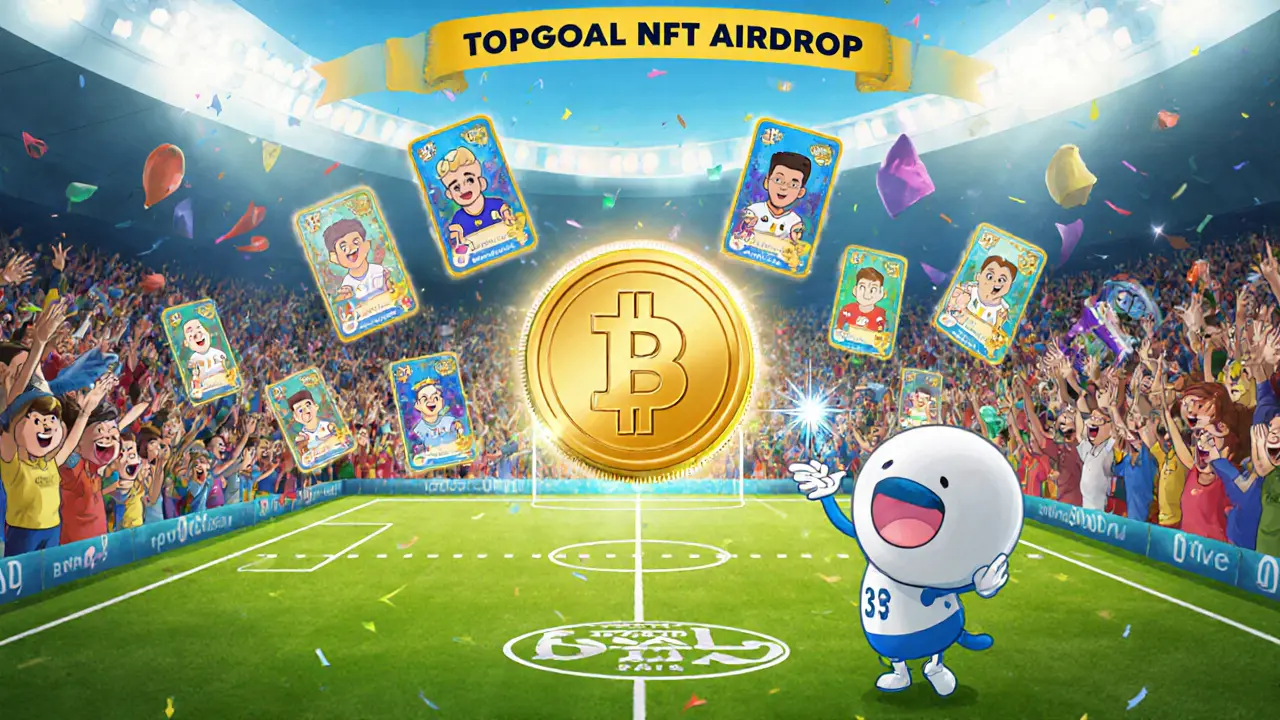- 11 Jan 2026
- Elara Crowthorne
- 0
CPR CIPHER 2021 Airdrop Details: What Happened and Why It Matters Now
The CPR CIPHER 2021 airdrop was a quiet token distribution by Cipher [Old], conducted via CoinMarketCap. Learn what happened, why it failed, and whether your old CPR tokens still have any value today.




